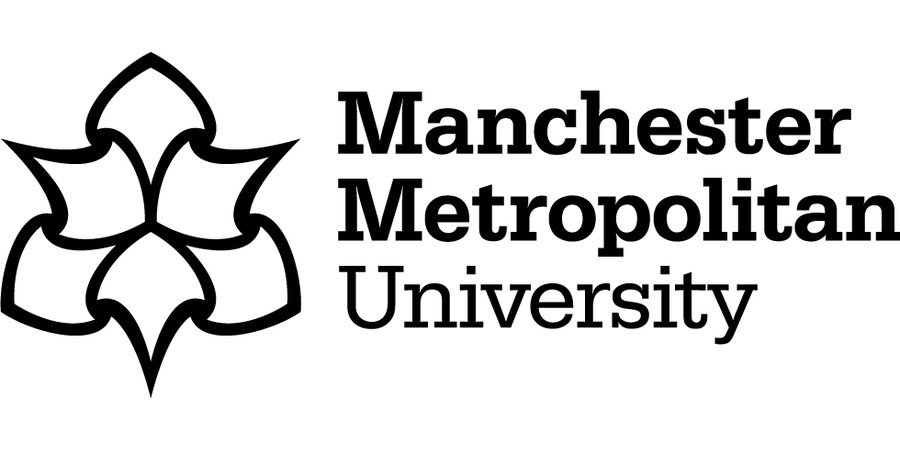PhD Studentship - GAS Diffusion Electrodes for Carbon Dioxide Conversion
Manchester Metropolitan University
| Qualification Type: | PhD |
|---|---|
| Location: | Manchester |
| Funding for: | UK Students |
| Funding amount: | £20,780 - please see advert |
| Hours: | Full Time |
| Placed On: | 25th April 2025 |
|---|---|
| Closes: | 28th May 2025 |
| Reference: | SciEng-YR-2025-CO2RRGDE |
Project advert
Current state-of-the-art devices convert carbon dioxide to single carbon products such as carbon monoxide and the formate ion. Despite the development of a handful of catalysts that show conversion to the high value multi carbon products in single electrode or divided cells, developing zero gap membrane electrode assemblies (MEAs) remains a challenge. This PhD will develop catalysts and gas diffusion electrodes (GDEs) to enable fabrication of zero gap MEAs that selectively produce multi-carbon products from carbon dioxide reduction reactions. You will develop a wide range of laboratory skills, spanning analytical methods, materials synthesis, materials characterisation and electrochemical performance tests. The materials characterisation will include DEMS, ICP-MS/OES, GC, MS, XRD, SEM/TEM, XPS, Raman amongst other techniques.
The project will be jointly supervised by Dr Yagya Regmi and Prof Laurie King. This new project will be highly collaborative and interactive- you will have the opportunity to learn all the required techniques from our highly supportive and skilled research group at the Manchester Fuel Cell Innovation Centre. The project will also provide you with many opportunities to work alongside our industrial and academic project partners. Our research group is housed within the state-of-the-art £117M Dalton building facilities and vibrant doctoral community at Manchester Met.
Project aims and objectives
The primary objective of the study is to synthesise catalysts, characterise and integrate them into electrochemical devices targeted for carbon dioxide reduction to value added products. You will develop analytical methods that accurately quantify the products from electrochemical reactions, some of them in very low concentrations.
Funding
The student will be in receipt of a stipend payment; the Research Council minimum rate (set by UKRI) is £20,780 for 2025/26.
Only Home students can apply. Home fees are covered.
Specific requirements of the candidate
The qualifications, skills, knowledge and experience applicants should have for this project, in addition to our standard entry requirements.
Essential requirements:
- A background in chemistry, physics, materials science, engineering or related fields.
- Enthusiasm for multidisciplinary research and problem-solving.
- Highly motivated student.
- Ability to work independently and as part of a team.
Desirable skills (but not essential, as training will be provided):
- Either an excellent undergraduate degree or an MSc/MRes in Chemistry.
- Experience in materials synthesis, and/or electrochemistry.
- Familiarity with analytical techniques such as XRD or electrochemical methods.
- Research experience (e.g., undergraduate project, summer internship, or industrial placement).
How to apply
Interested applicants should contact Dr Yagya Regmi (Y.Regmi@mmu.ac.uk) for an informal discussion.
To apply you will need to complete the online application form for a full-time PhD in Chemistry (or download the PGR application form).
You should also complete a narrative CV (500-1000 words) addressing the project’s aims and objectives, demonstrating how the skills you have map to the area of research, how your experience makes you suitable for this position, and why you see this area as being of importance and interest.
If applying online, you will need to upload your statement in the supporting documents section, or email the application form and statement to PGRAdmissions@mmu.ac.uk.
Expected start date: October 2025
Please quote the reference: SciEng-YR-2025-CO2RRGDE
Manchester Metropolitan University fosters an inclusive culture of belonging that promotes equity and celebrates diversity. Please ensure that you take into account our Inclusive and Diverse Culture Strategy when preparing an application.
Advert information
Type / Role:
Subject Area(s):
Location(s):









